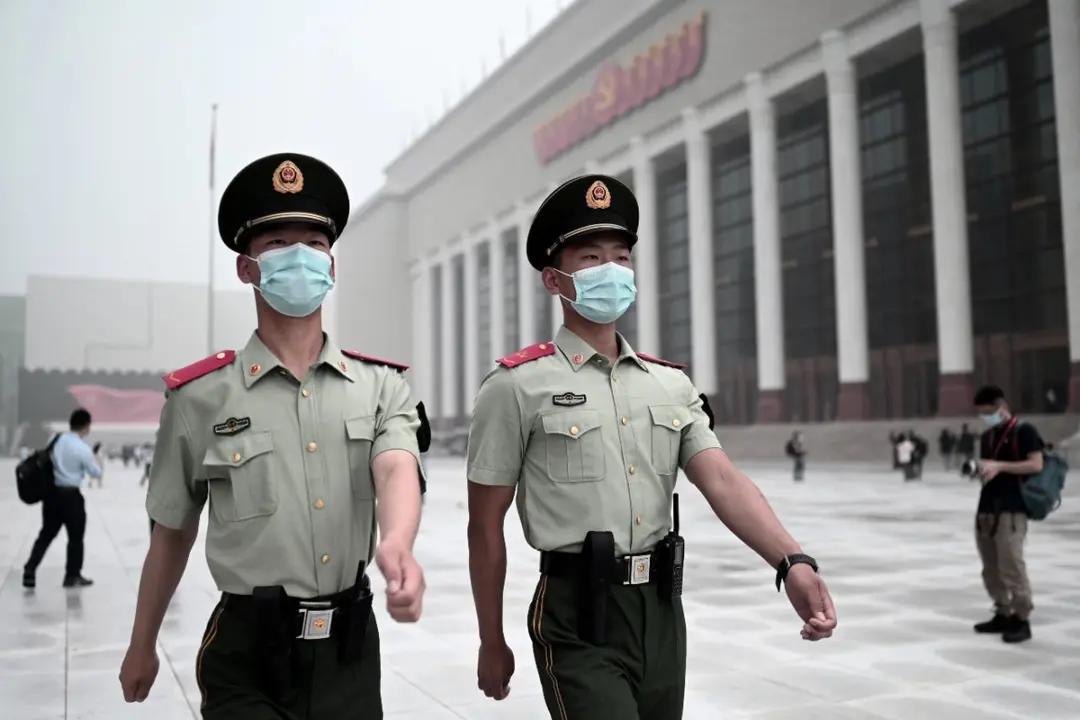Prime Minister Justin Trudeau’s national security adviser sent him a briefing in 2017, warning about unwarranted investigations by Chinese police in Canada, according to a declassified document.
The warning came at a time when Ottawa was pursuing closer relations with the communist regime, including a potential free trade agreement. A year earlier, as part of preliminary talks toward a free trade agreement, Canada had also agreed to negotiate a possible extradition treaty with Beijing.





